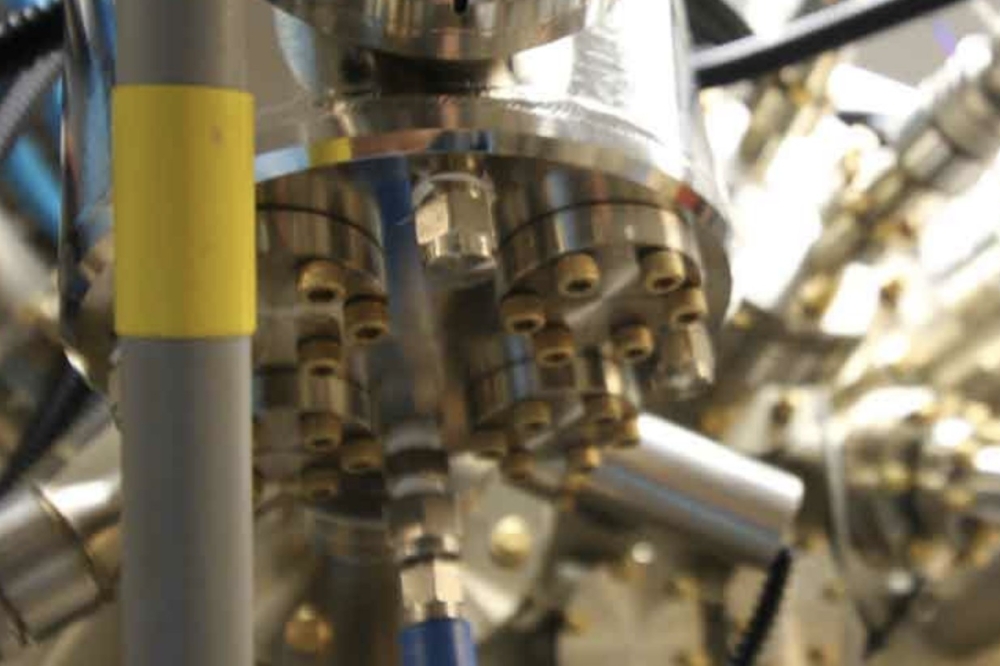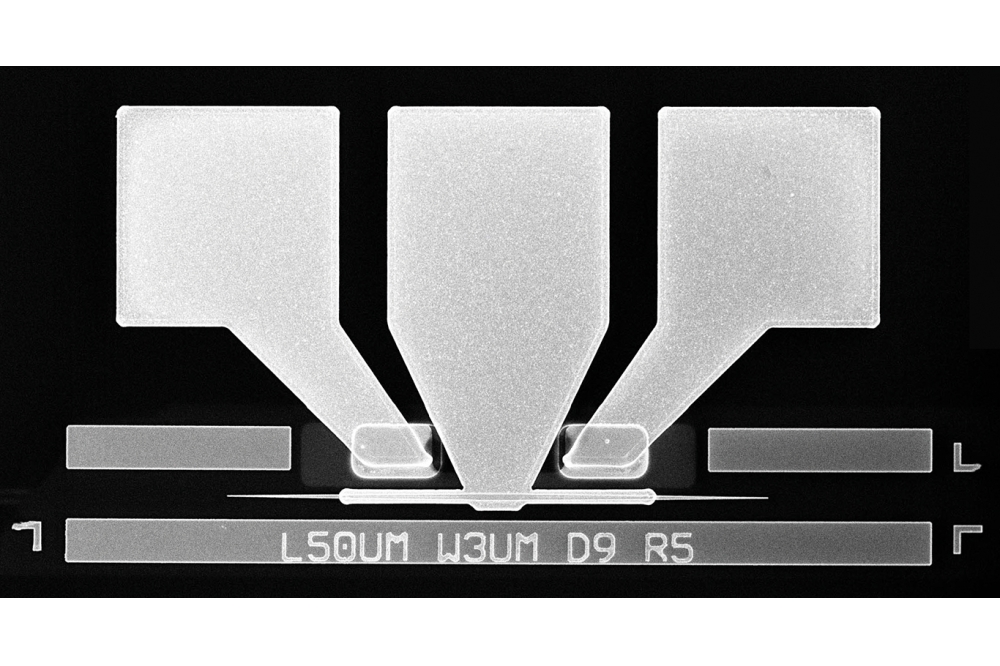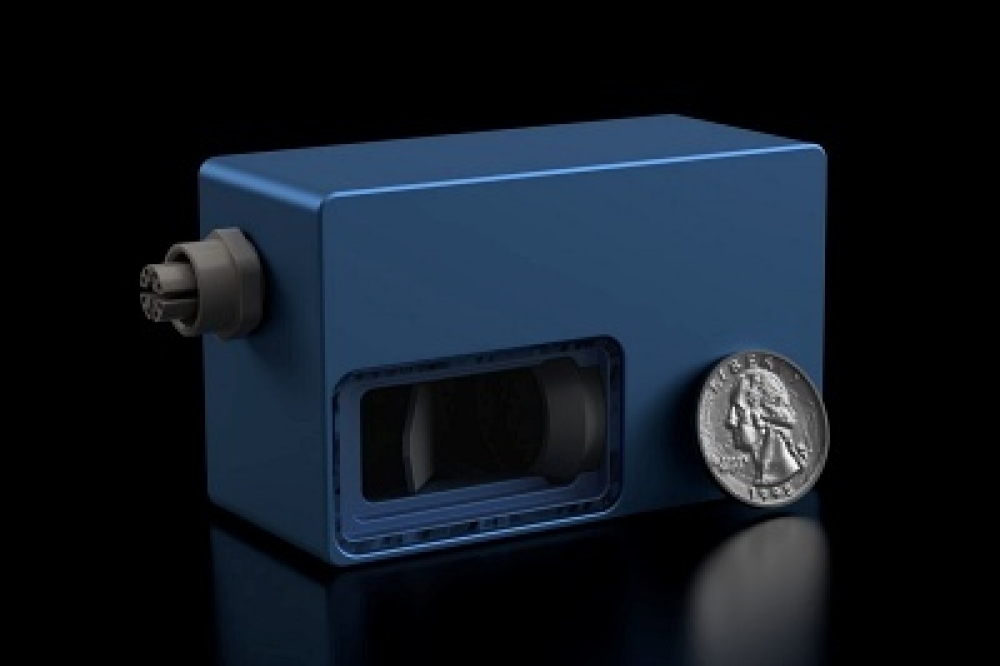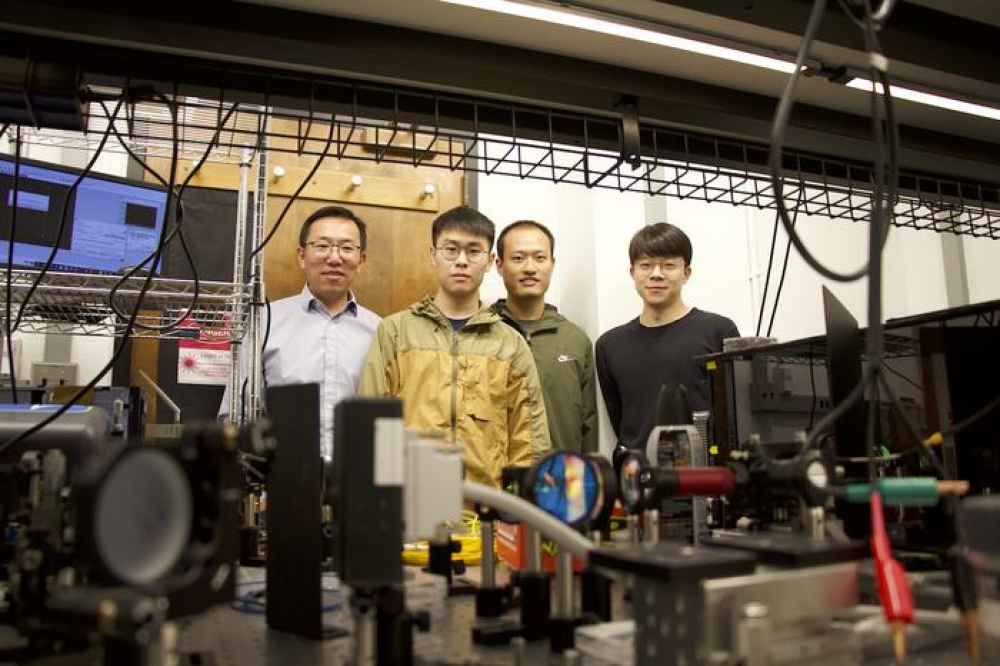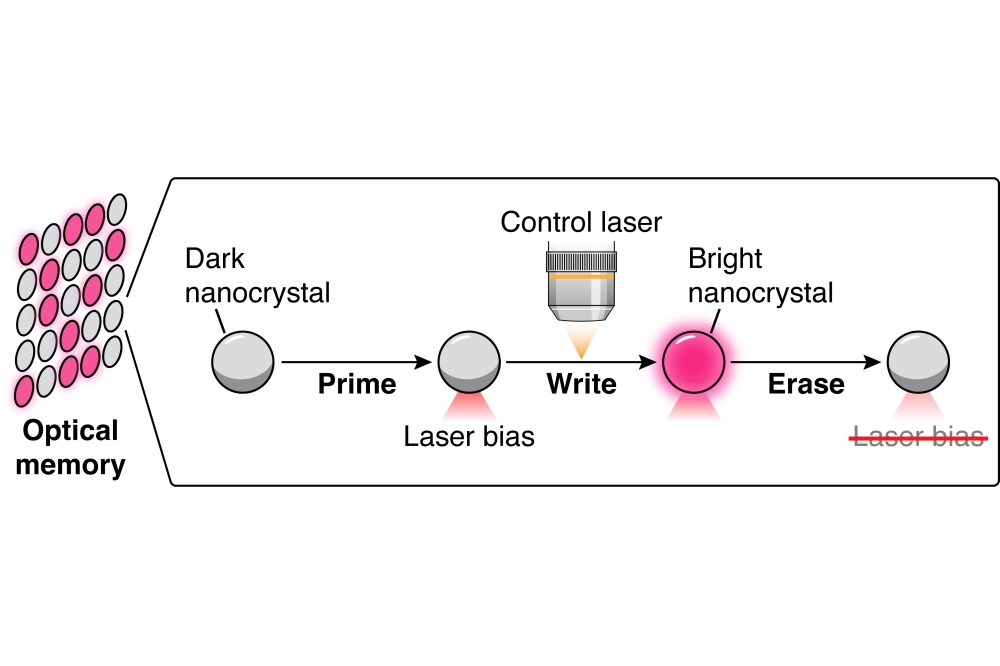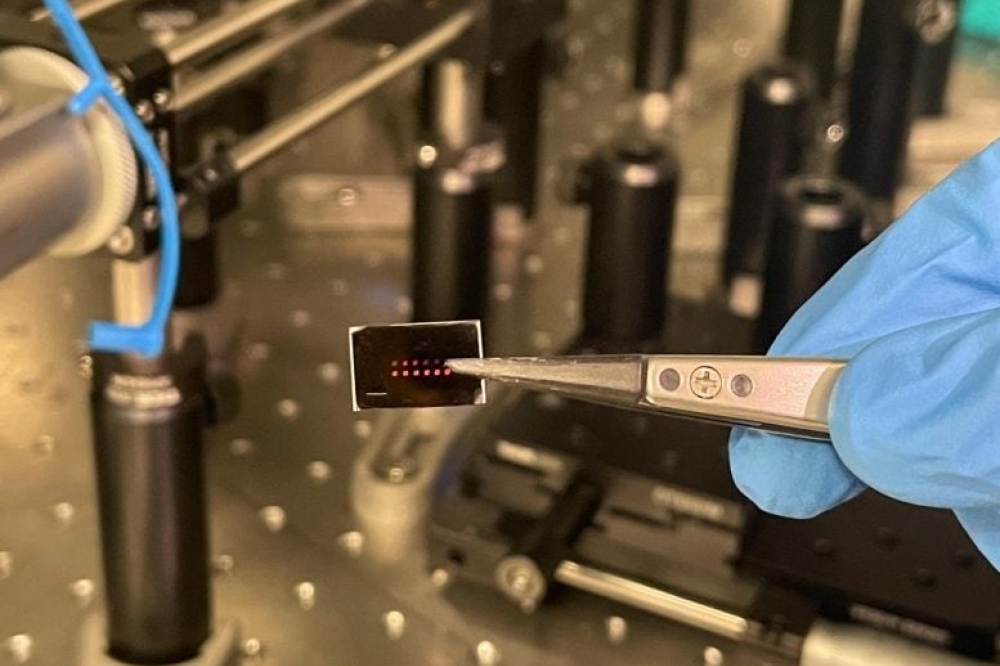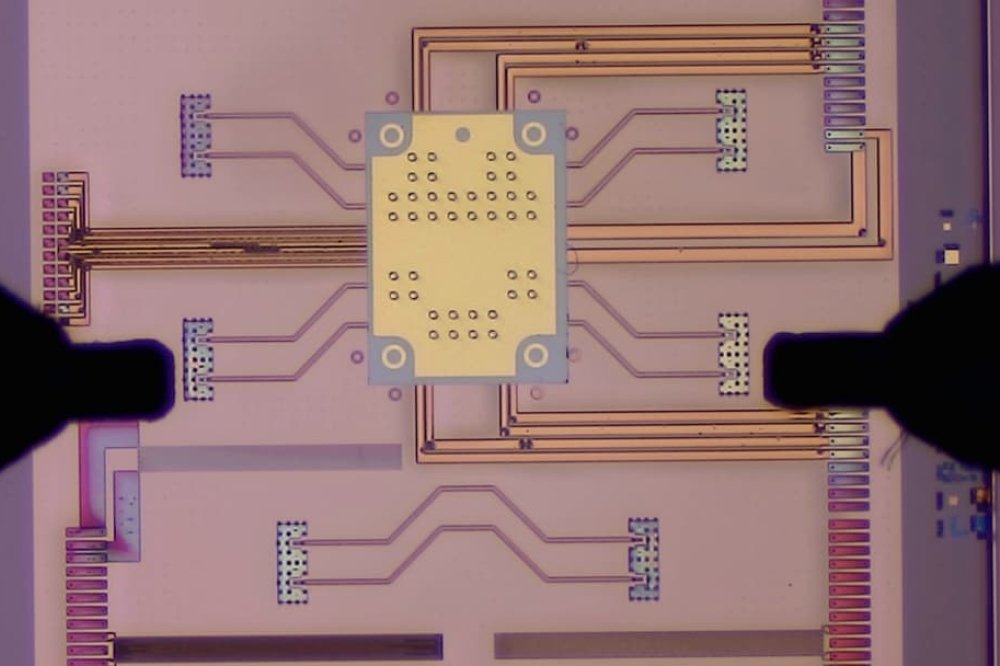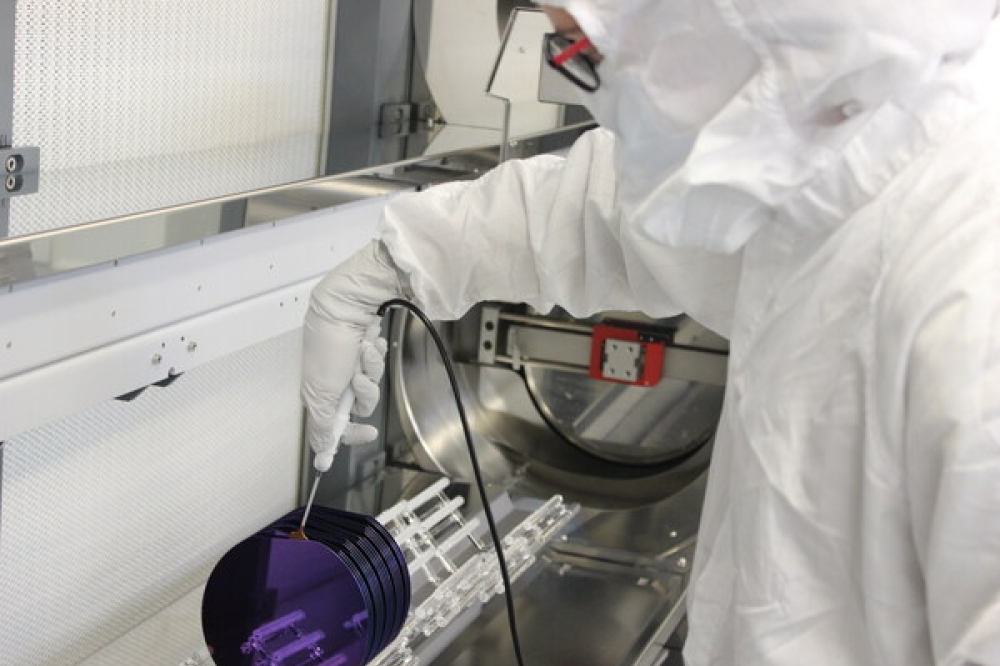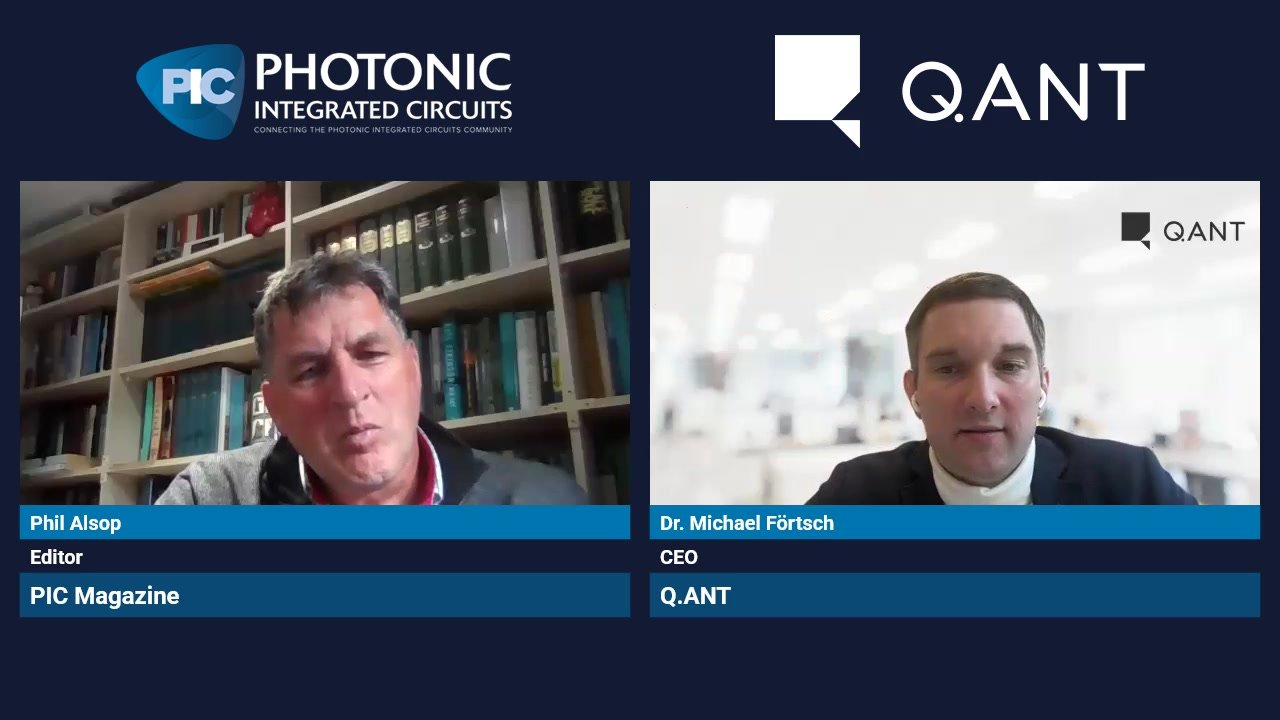POET expands optical engine production capacity

As well as negotiating with manufacturers in Malaysia, POET has announced that the joint venture Super Photonics Xiamen will become a wholly owned subsidiary of the company, giving it more flexibility around its wafer-scale assembly operations
POET Technologies has announced its intention to expand its optical engine production capacity in Malaysia. The company also announced that it has signed a binding memorandum of understanding (MOU) with Quanzhou Sanan Optical Communication Technology (SAIC) to transfer to POET its 24.8 percent stake in the joint venture Super Photonics Xiamen (SPX), along with all the production equipment previously leased by SAIC to SPX. With control of SPX, POET says it now has the flexibility to implement its “China Plus One” strategy to locate its wafer-scale assembly operations outside of China.
Concurrently, the company has been negotiating with several contract manufacturers in Malaysia to become the focal point for POET’s wafer-scale assembly of optical engines and expects to sign an agreement and to start operations by the end of the year.
“The addition of wafer-scale equipment to our assembly and test operations will significantly expand our production capacity to cover the projected needs of our customers for 800G optical engines being sold to AI networks through 2026,” commented Suresh Venkatesan, chairman and CEO of POET. “We can now project an assembly and test capacity exceeding one million optical engines per year, all dedicated to the 800G and higher speed transceivers required for AI clusters.”
The 24.8 percent equity stake represents SAIC’s entire ownership position in the joint venture. With no other shareholders, SPX will become a wholly owned subsidiary of POET and will continue to assemble optical engines for sale in China, adopting the POET company name.





